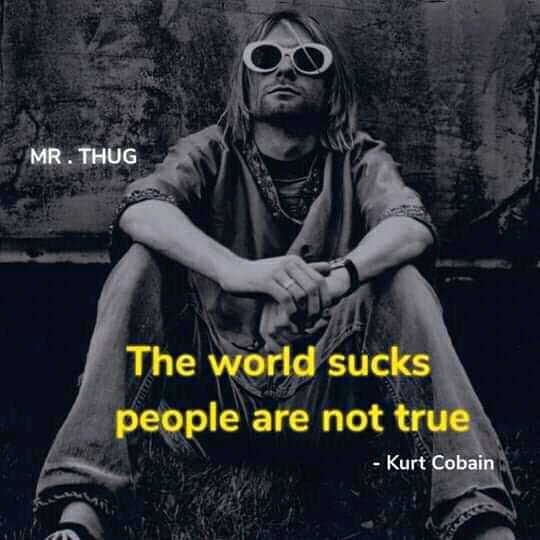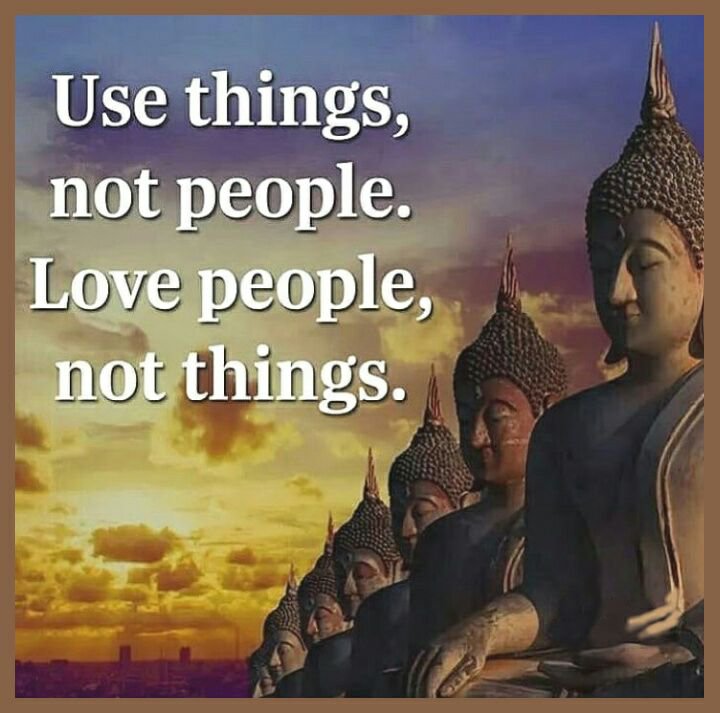

What I want to discuss in this article is the basic idea of honesty. The internet is a wonderful place to do business, but with the continuous flood of spyware, malware, and spam, it can be a horrible and very frustrating for the average user. I am amazed, but not surprised, by the unethical practice of businesses using popups and spam to sell a product. It isn’t surprising because the fact is that those business practices work. Any of us that have worked in this field for awhile know that traffic is king.
My experience has been one of honest return for honesty when dealing with customers. Maybe it’s not a quick buck, but I can look at myself in the mirror in the morning and know I did the right thing. I would rather have a customer for life than a fly by night sale to a customer that I tricked into buying my product. It isn’t always about the bottom line of making cash. It should be about service and product value. Over the past couple of years I have had more business cleaning up computers that have been completely overran with viruses, trojans, and spam than I’ve done computer builds. The number one complaint is ‘I just want to be able to use my computer, not worry about viruses and trojans and updates!!!’ Do I profit from unethical business practices? Yes I do when I spend an hour cleaning up a computer. Do I take the time to teach the user? You bet I do! I spend an hour to two hours with a client after I do a cleanup or a computer build. Do I lose money with this practice? Yes I do, but I gain respect from the customer and that customer will always come back.
The one major challenge with doing business online is that we don’t always get to be face to face with our customers. Even so, there are ways around this that will bring value to your customer and value in repeat business. It doesn’t cost that much to call and thank someone for their business. It doesn’t cost much to send out a thank you card. I think at times we forget that email isn’t the only way to communicate. With the prevalence of spam it isn’t always the best way to communicate either. The internet can be a very impersonal place. It is ethically challenging to all of us who try to sale a product or business online. Is there a chance of giving away too much with little return? That is always a chance we take when we offer advice or tips to a customer. I can guarantee that over time, the word gets around, and your business will develop a core group of customers who value your service and will tell others.
Being a small business is a challenge in the fast paced retail world of chain stores. We can’t offer the huge discounts the major chain stores can, but we can offer service value for the product. I challenge anyone in the IT industry to take that little bit of extra time to teach users the do’s and don’ts of surfing the web. It will benefit your business and benefit the customer as well.




 Everything is brainwash,what you think is real and normal can easily be considered brainwash.Brainwashing is said to reduce its subjects’ ability to
Everything is brainwash,what you think is real and normal can easily be considered brainwash.Brainwashing is said to reduce its subjects’ ability to





